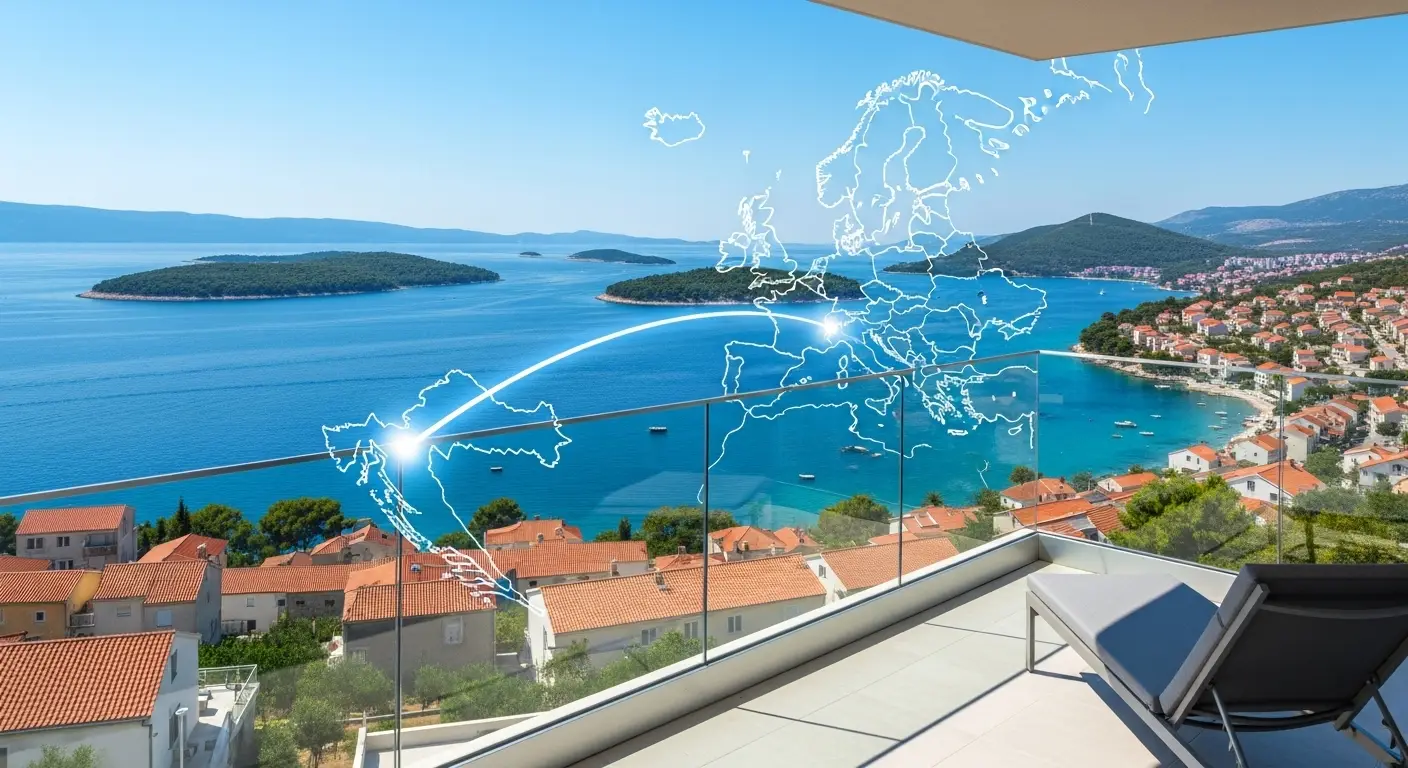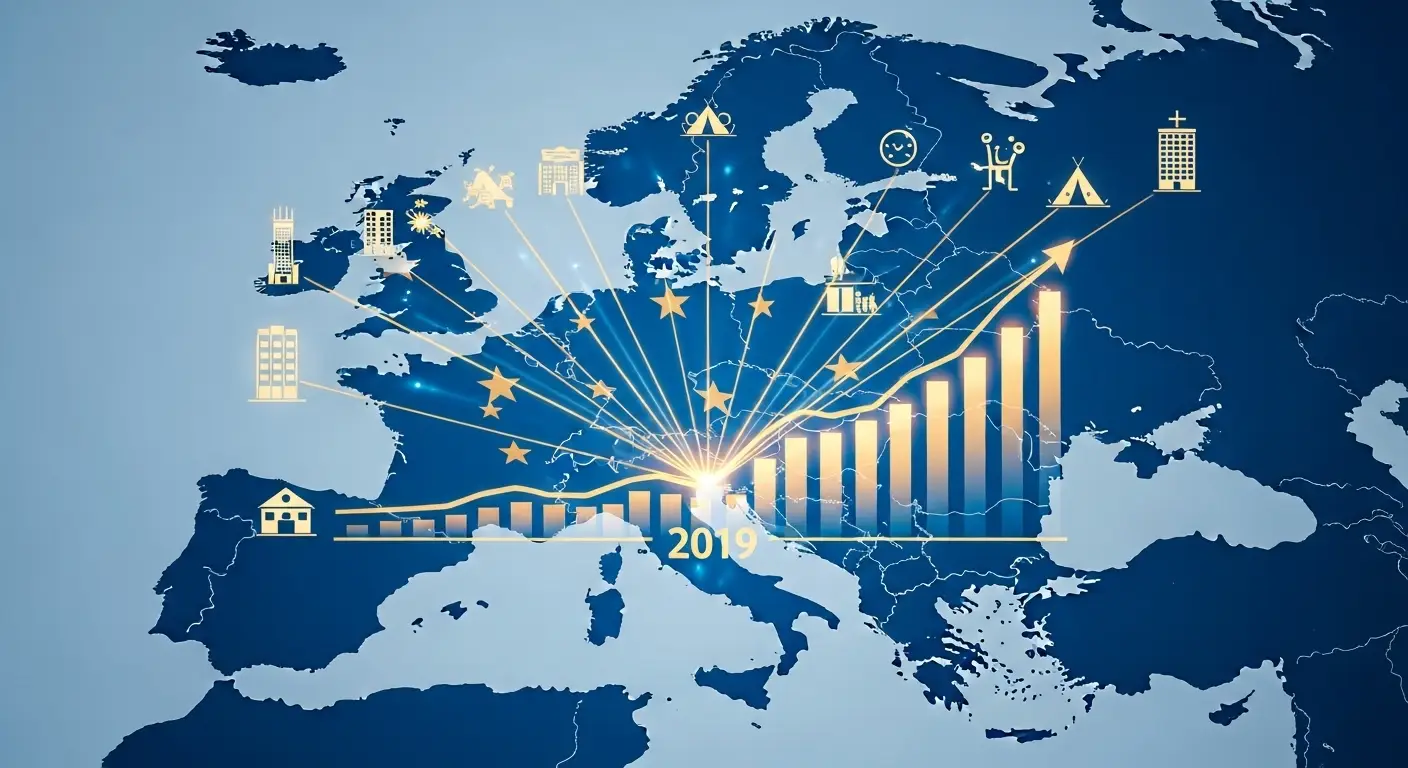Spain, a global tourism engine, is anticipating a summer of figures that reaffirm its leading position and the consolidation of a new paradigm in the sector. The projections drawn up by Turespaña, which reports to the Ministry of Industry and Tourism, paint an optimistic picture for the months of June, July, August and September 2025.
During this summer period, the arrival of nearly 42 million international touristswhich represents a 3.2% more than in the same period in 2024. But the most significant figure is reflected in the purchasing power of these visitors: it is estimated that total spending will amount to around 58 billion eurosan increase of 3,8% compared to the previous summer. This increase in spending, which is higher than the number of visitors, underlines the Government's philosophy of prioritising quality over quantity, a fundamental pillar of the Spain Tourism 2030 Strategy.
The Minister of Industry and Tourism, Jordi Hereu, has highlighted the attraction of a sector that has become an international benchmark for its quality and sustainability, driven by unprecedented public investment in recent decades.
A crucial aspect that emerges from these forecasts is the consolidation of a change in the tourism model towards de-seasonalisation and de-concentration of destinations. Growth rates in visitor numbers during the traditionally less touristy months of 2025 - 2025 - 2025 - 2025 - 2025 - 2025 - 2025 - 2025 - 2025 - 2025 - 2025 - 2025. January (6,1%), February (7,7%), March (3,8%), April (10,1%) - have been significantly higher than those projected for the peak summer season - June (2,9%), July (2,8%), August (3,8%) and September (3%). This means that Spain continues to grow in travellers during the high season, but at a more moderate rate than at other times of the year, which benefits both the supply and workers and the tourist experience itself.
Deconcentration of destinations is another strategic priority. Growth in destination spending by international tourists is projected to be more equitable. The traditionally less touristy autonomous communities will experience a year-on-year growth in spending of between 8% and 13% during the summer. In contrast, the six main regions (Andalusia, Madrid, Catalonia, Valencia, the Balearic Islands and the Canary Islands) will see their growth rates fluctuate within a narrower range, between 1% and 3%. This more even distribution of tourism flows is key to an equitable distribution of benefits and to the preservation of the socio-cultural identity of destinations.
The Spain Tourism Strategy 2030which is in its final stages of preparation, will provide the sector with new instruments to boost business innovation, quality employment, social cohesion, emissions reduction, the revitalisation of the rural environment and the redistribution of the benefits of tourism. This ambitious plan, supported by an investment of 3.4 billion in EU funds of the Recovery, Transformation and Resilience Plan, seeks to improve the quality and competitiveness of the Spanish tourism industry, ensuring its leadership in the future.






